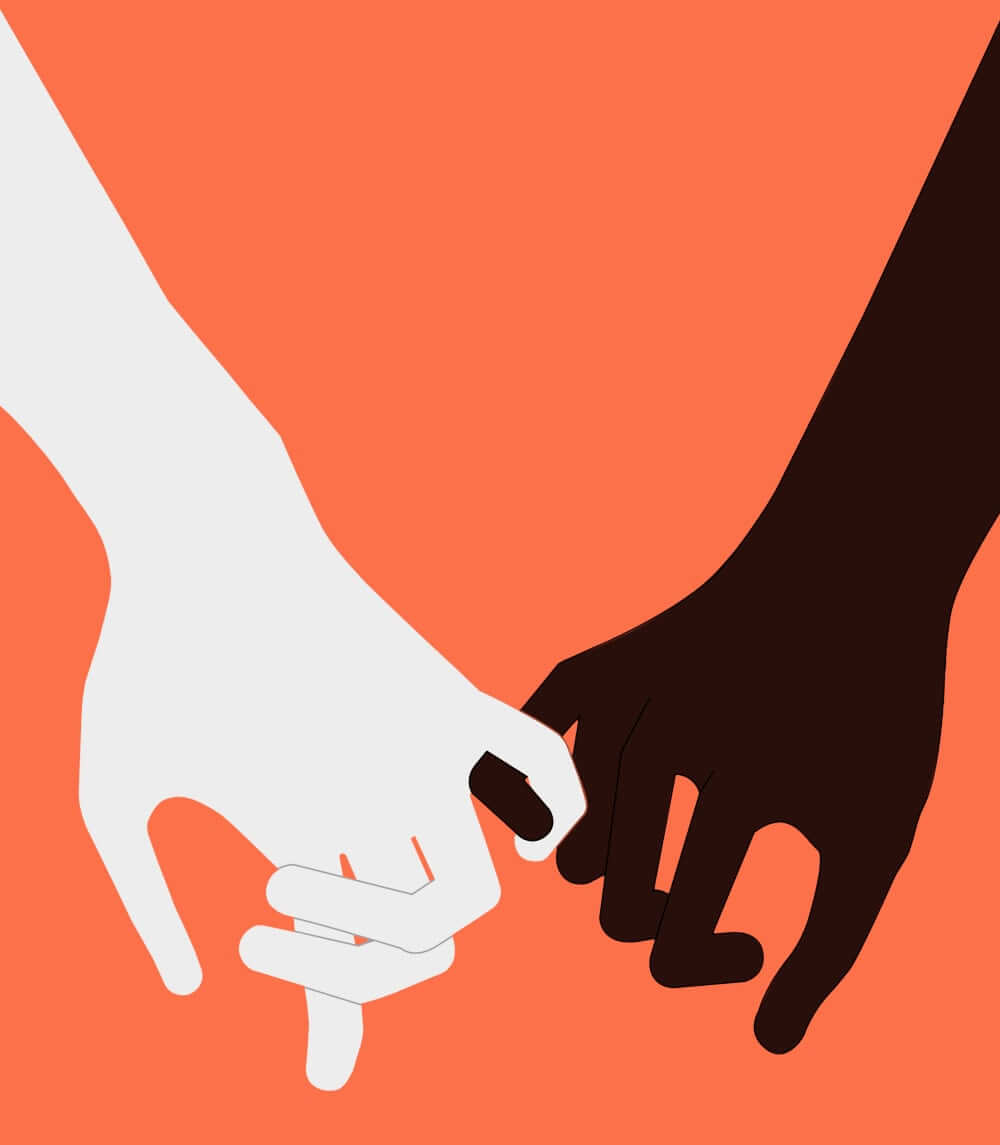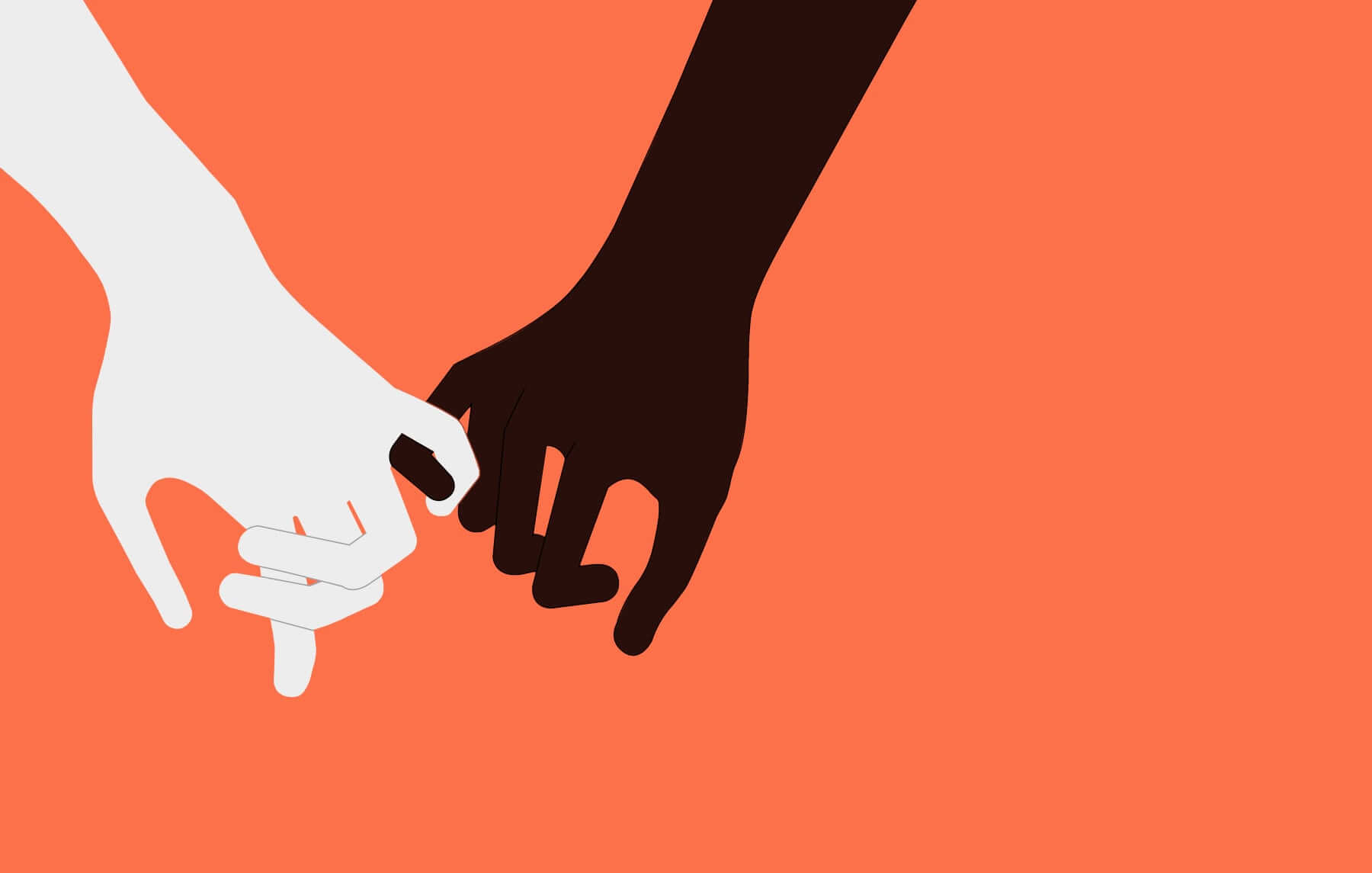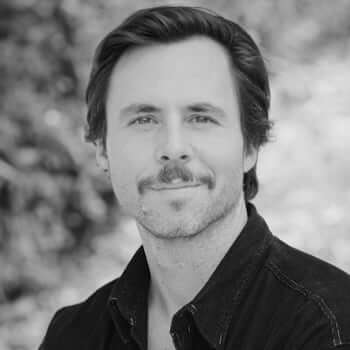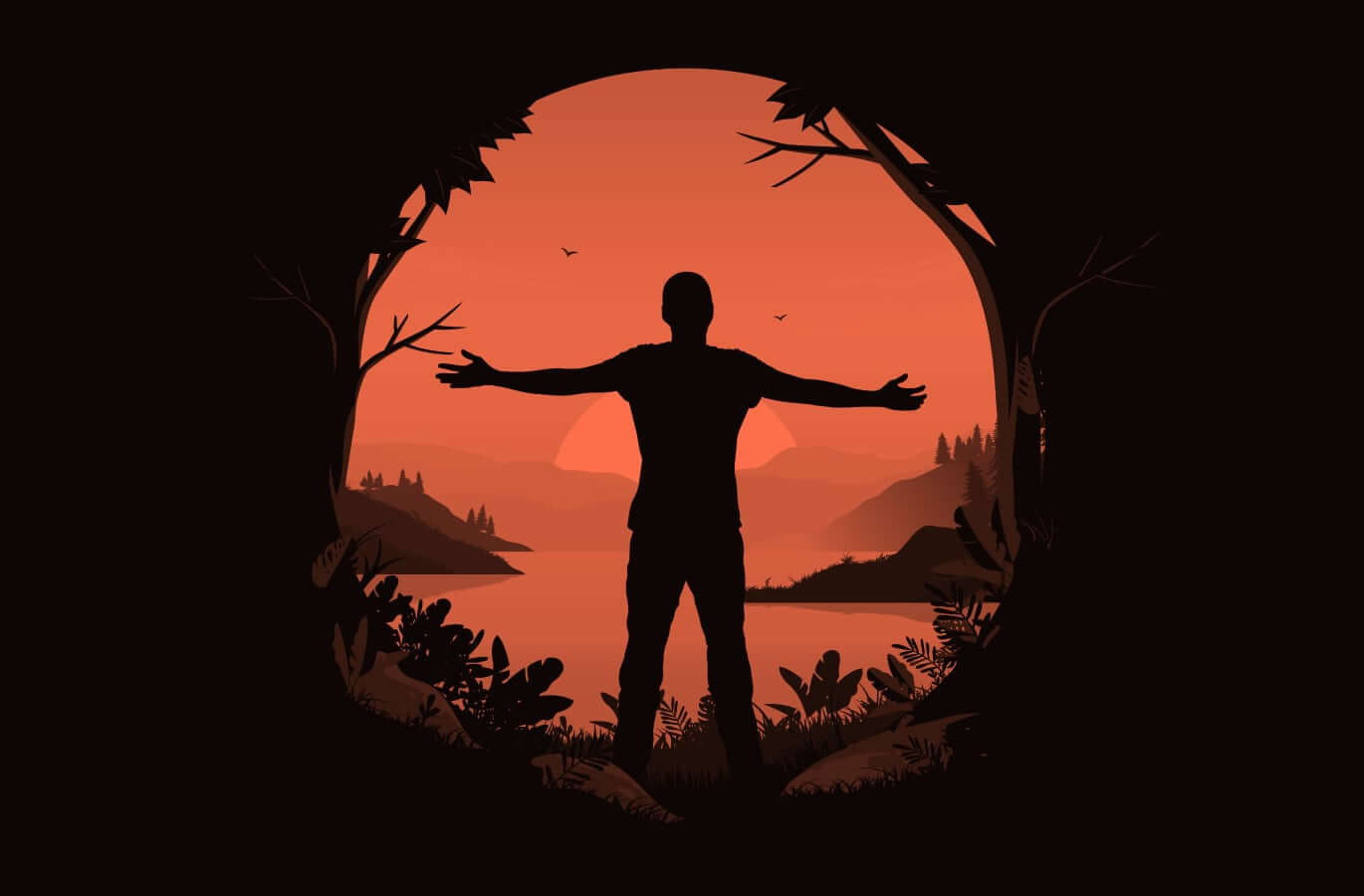“
As men, we tend to believe if we get the job, get the stuff, get the relationship, we’ll be happy. But it’s actually in reverse.”


A radical new way to get what you need out of life

Back in September, after yet another fun, sexy, but ultimately unfulfilling summer romance, I decided—for the first time in my life—to spend some intentional time alone. There were many reasons I'd never done this before, but the crux was this: romantic relationships were at the core of how I managed my self worth.
When I had a partner (or partners) in my orbit, I felt good about myself. When I didn't, I was scrambling to find one. I still recall with unease the long nights in my many New York apartments, pining for all the impossibly beautiful, downtown Instagram starlets I wasn't bedding. It ached on a cellular level, and only dissipated when I was back in the arms of someone new.
I now know what I was experiencing was love addiction. All addiction has its roots in trauma. And for love addicts, the healthy, human needs for connection and intimacy are often not met by our caregivers in childhood, so the desire to be seen, approved and validated becomes supercharged.
As a love addict, I felt stuck in my forever cycle of identifying a romantic “target” and then dropping everything else in my life while I pursued her. When a woman was in my crosshairs, my work suffered. My friendships fell by the wayside. I was the classic teenage boy who gets the girlfriend and then disappears. This cycle of hope and dopamine kept me on a perpetual chase that distracted me from ever feeling alone.
As I healed some of my childhood trauma in therapy and coaching over the years, the pull of the addictive cycle got more manageable. The insanity and the emotional hangovers from the chase waned. So much that I could easily convince myself the addiction wasn't there. But when I walked into a Topanga Canyon café last June and met Alexandra, the chemistry was explosive. Fast forward a few days, and we were naked together on my couch. After we had sex, I felt totally empty. I knew the cycle of “identify and acquire” wasn't producing the same returns as it once had. I knew something had changed.


I started seeing a Los Angeles-based therapist who specializes in love addiction. In our first session, he told me something that rocked me: “You have to change your definition of love, Sean,” he said. “To you, love has meant intensity, anxiety, the high of getting your parents' fleeting attention for a few minutes ... and that isn't love.”"
He was right. I quickly scanned back through all my romantic entanglements and realized that the only women I'd ever felt comfortable dating longterm were women I felt were going to leave me—like my father had, like I always thought my mother would. Ultimately, I had a lost boy inside of me who was attracting these same unavailable people out of sheer familiarity.
The therapist told me if I wanted to kick the pattern, I needed to be willing to go through withdrawal—a torturous sounding, immeasurable time period where I stopped doing the things that got me high. It sounded deplorable, but I also knew I was out of other options.
The first thing I got rid of were the dating apps. Those things are like black tar heroin for a love addict. Ditto porn, Instagram and anything else that puts our brains into lizard mode. Masturbation of any kind was, unfortunately, a “see you later” for the time being.
Then there were the more subtle acts to examine: the way my eye contact would linger on a particularly attractive, Balenciaga sporting coed in the produce section at Erewhon, or the way I'd fire off a seemingly innocent text to an old flame to “check in”. I even gave up a neighborhood yoga studio with particularly cute teachers. (That one hurt more than I thought.)
Sure, the whole thing felt drastic and puritanical, but the anxiety that appeared immediately upon severing contact with women let me know I was onto something. I woke up at all hours of the night with sharp pains in my chest. They felt like they were coming from my heart.
“
As men, we tend to believe if we get the job, get the stuff, get the relationship, we’ll be happy. But it’s actually in reverse.”
Memories started to return from my childhood: Me, at five or six years old, frozen in the presence of my stepmother's rage and my father's silence, or the way I would tuck myself under the covers to hide from the guys my single mother would bring home to our apartment after my parents' divorce. With each memory, I felt the pressure in my chest increase. I felt angry and irritable. Then I felt sad. My muscles began to ache. My skin broke out.
What I would come to learn from withdrawal is that every emotion we've ever experienced in our lifetime that isn't expressed doesn't go away—it gets stored in our body, in our cells, as stuck energy, and that the anxiety that the majority of men feel when we're alone in a room by ourselves is just that energy swirling around, unable to get out.
To help these stuck feelings move, I started working with a plant medicine practitioner who gave me micro-doses of psilocybin and ayahuasca. After two cycles of five days, the tension in my chest gave way to grief, which washed through and out of me in relieving waves. I started sleeping again. Things were just starting to improve when I picked up Omicron on Christmas Eve and spent the next week in isolation. Alone with myself, sick and weak, during the most family-centric holiday of the year, I faced the stark reality that I'd felt alone my entire life. And that any attempt to wrangle “love” from one of the hundreds of partners I'd had through the years had been an effort to escape from the very thing I was now facing.
With that single realization came freedom. If this was hell, I'd already experienced it. The worst was over. In that moment, the dam broke and I surrendered. The past was gone, my parents were gone. No one was coming to save me. I knew it was time to scoop up those lost boys and learn to love myself.
All of our relationships change when we stop looking for people to take care of us and begin learning to take care of ourselves. It's the ultimate practice of self-love. And in the coming weeks, I played dad to the host of lost boys inside me who had felt abandoned for so long: I took them to the playground, let them run around in the rain, and bought them pizza whenever they wanted. I let them talk and listened to how scared they were. I queued up music from high school and cried for all the unrequited crushes I'd never processed. I flushed my system. And finally, one sunny day in late January, I realized the experiment was over. I was alone, I was happy, and I was ready to come slowly back to dating from a place of worth and empowerment, not from my childhood wounds.
I always tell my clients that when you heal the inner landscape, the outer landscape will follow. As men, we tend to believe if we get the job, get the stuff, get the relationship, we'll be happy. But it's actually in reverse: If we heal what we need to heal, we begin attracting from a place of fullness instead of lack—we become magnets for the things that are ultimately going to serve us the most.
A few weeks back into dating, I met a woman. She's from the East Coast, like me. She used to work in fashion in New York, like me. She's done the inner work on herself to be available for a relationship, like me. Will it go the distance? I'm not sure. But it clicked. And it's still clicking. Bob Dylan once said that the moment he quit reaching for a song, it appeared. And I think love is the same way. We spend our lives looking for it, and the second we stop, there it is. Happy Valentine's Day.
You’ve now got a life coach at your disposal. Hit Sean up with any concern you’re currently struggling with: Trouble at work? Relationship worries, family struggles or general mental health concern? Let him help you tackle it each month in this column.
Advertisement